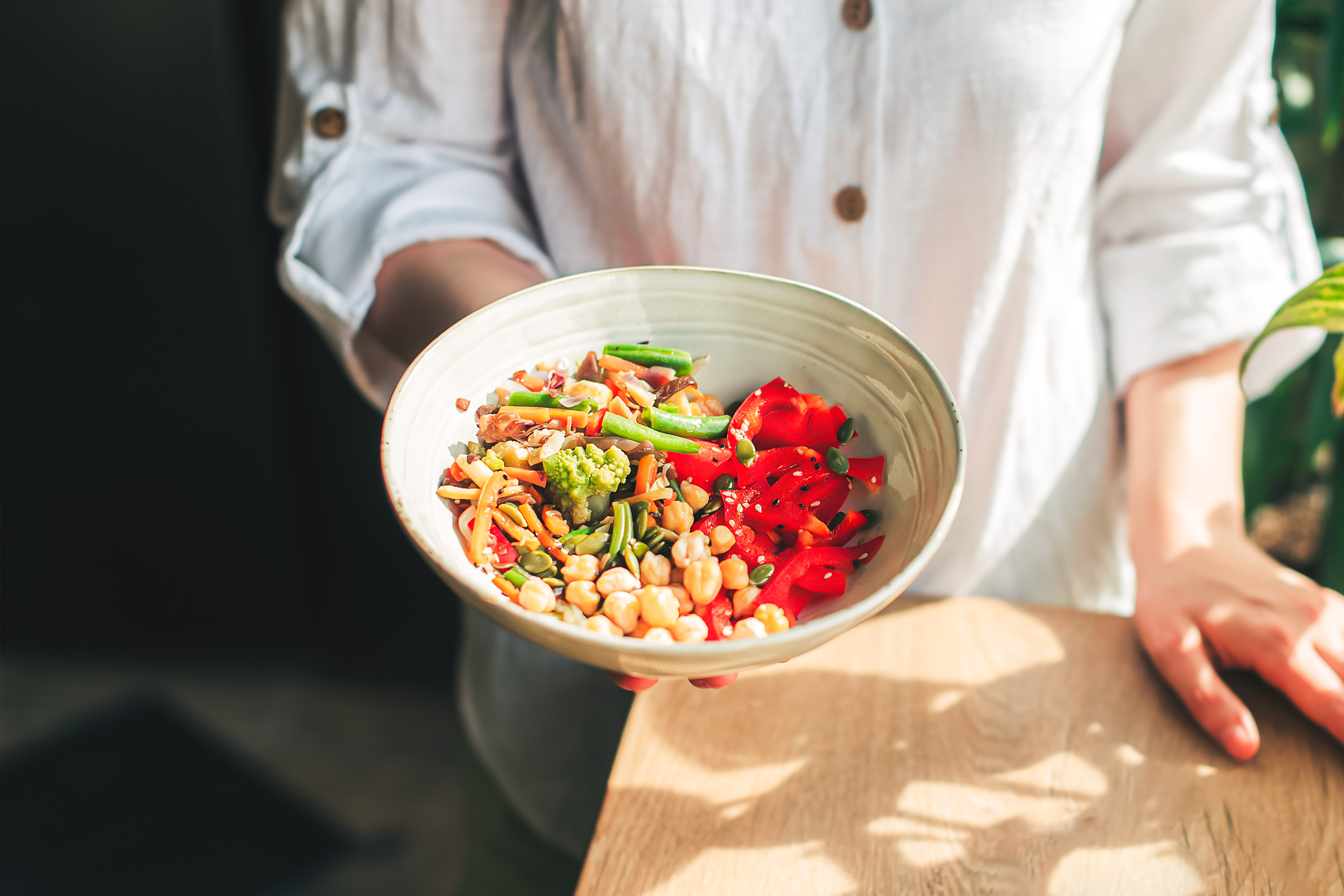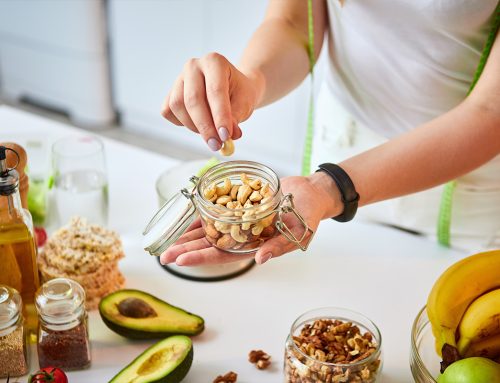There are many things in life that can affect how we feel physically and emotionally. These “things” include daily stress, chronic stress, lack of sunshine, hormonal changes, poor sleep patterns, and poor physical health.
Control the Controllables
Although we can’t control everything that impacts our emotional state, we can start with our diet, which is one area where we can “control the controllables.” Diet is one area where we have to decide every time we eat: is this going to benefit me? Or, what is the best option for me to choose, given the situation I am in?
Did you know that the food we eat can increase our production of serotonin and dopamine?
The Happy Hormones
Serotonin and dopamine are two of the “happy hormones” our bodies make. They are technically neurotransmitters that transmit signals in the brain and nervous system. Carbohydrates are often on a “comfort food” list because they are a macronutrient that is good at releasing serotonin and making us feel good. However, if we binge eat or eat too many processed carbohydrates, it will only temporarily make us feel “happy.” However, it is not just carbohydrates that help us produce serotonin and dopamine. We can focus on adding in more of these nutrients, which will support a well-balanced mood over a longer period of time.
There are also foods that can help us metabolize and decrease the amount of cortisol, our stress hormone, that is circulating in our bodies.
Six Noteworthy Nutrients to Help Improve Mood:
- B-12: Helps metabolize the stress hormone, cortisol.
- Omega-3 fatty acids: Help decrease inflammation, reduce symptoms of stress through supporting the adrenal glands, and can even increase levels of “happy” hormones.
- Tryptophan: Helps increase serotonin.
- Tyrosine: Helps increase melatonin
- Magnesium: Aids in decreasing inflammation, “getting rid of” cortisol, and relaxing the body and mind.
- Probiotics: Studies have shown a connection between gut bacteria and their influence on anxiety, depression, and other mood disorders.
Foods to Incorporate Into Your Diet
Here are some great foods to give us the boost we need.
- Nutritional Yeast
- Shiitake Mushrooms
- Chia seeds
- Avocado
- Lentils & Beans
- Natural Peanut Butter
- Spirulina
- Pumpkin Seeds
- Bananas
- Dark chocolate
- Miso
- Kimchi
- Sauerkraut
Food Matters
In the pursuit of emotional well-being, the foods we choose to consume play a crucial role. By incorporating nutrient-rich options into our diet, we not only support the production of serotonin and dopamine but also contribute to a balanced hormonal environment. Embracing these dietary choices is a proactive step toward enhancing both physical and emotional health.
Sending Health Your Way!
The Tula Clinical Team
Reviewed by:
Aubree RN, BSN
Austin MS, RDN, CSR, LDN, CD
Tula Takeaways |
|---|
| 1. Control the Controllables: While we can’t control everything affecting our emotional well-being, our diet is an area where we can make positive choices to influence how we feel physically and emotionally. |
| 2. The Happy Hormones: Serotonin and dopamine, often referred to as “happy hormones,” are neurotransmitters influenced by certain foods. Understanding their pathways can guide dietary choices for mood support. |
| 3. Noteworthy Nutrients for Balance: Incorporating foods rich in B-12, omega-3 fatty acids, tryptophan, tyrosine, magnesium, and probiotics can contribute to a balanced production of feel-good hormones and help manage stress. |
The LIVE TULA blog is informational and not medical advice. Always consult your doctor for health concerns. LIVE TULA doesn’t endorse specific tests, products, or procedures. Use the information at your own risk and check the last update date. Consult your healthcare provider for personalized advice.






